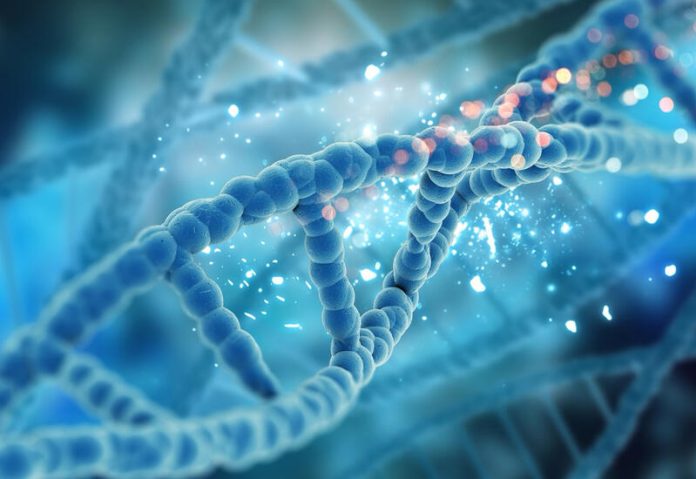The University of Bristol conducted a series of studies and concluded that a gene found in long-livers can rejuvenate human heart cells, reducing its age by 10 years. The scientists’ article was published in the journal Cardiovascular Research.
The researchers were able to identify the most common genetic variant in people who have lived a hundred years or more and are less prone to cardiovascular disease. And then administered it once to middle-aged mice and elderly rodents.
As a result, in the first group the deterioration of heart function stopped, while in the second group the introduction of the mutant gene reversed the signs of heart aging. This was equivalent to rejuvenating the human heart by 10 years.
After an experiment on mice, biologists tested this theory in the laboratory on the heart cells of elderly people who were suffering from severe heart disease. The result was a rejuvenation of cells that formed new blood vessels.
The scientists believe that further research in this direction will enable the development of therapies for patients with heart failure.
https://runews24.ru/eng/science/30/01/2023/b323bb784d6a104034b21c572910d326


